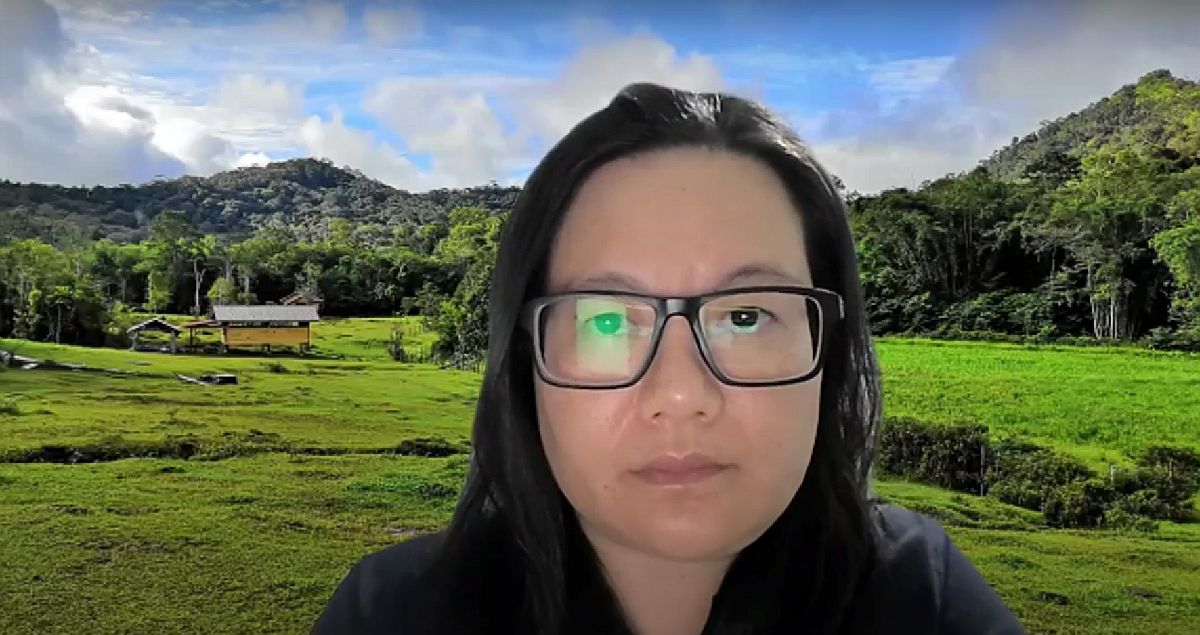KUCHING, Sept 19 — Sarawak lacks psychiatric services and needs to upgrade its existing psychiatry and mental health services, especially when it comes to rural communities, a psychiatrist said.
Dr Bawih Inu Pu’un, who is a Miri Hospital psychiatrist and chairwoman of the Miri branch of the Mental Health Association Sarawak, said youths in the interiors of Sarawak are dying by suicide.
Alcohol and amphetamine addiction are also major issues in cities, towns, and villages in Sarawak, as Dr Bawih observed that social media is full of Sarawakians sharing their mental health struggles.
“We have a lot of gaps. Many areas are yet to be reached, despite some areas being long established divisions with their own administration,” Dr Bawih told the Sarawak Health Summit 2023 that was organised by the Sarawak CSO-SDG Alliance and supported by the Galen Centre for Health and Social Policy here last September 9.
She pointed out that Kapit, with road accessibility, should have resident psychiatric teams.
Mukah, a tertiary learning hub with rapid development of its town and nearby towns, should also have a resident psychiatric service instead of relying on visiting clinics from Bintulu.
Betong and Saratok, situated along the Pan-Borneo Highway, should similarly have a resident psychiatric team.
Lawas, separated by the Brunei Border, needs its own psychiatric department as well.
“The interior of Sarawak – how do we reach into them?” Dr Bawih said.
The state of Sarawak is not absent from psychiatric services and, based on Dr Bawih’ statements, has primary health care services throughout the state.
Psychiatric services are available in hospitals throughout the state, but are clustered in major cities and towns. According to Dr Bawih, for a state nearly as large as the whole of Peninsular Malaysia, Sarawak only has eight psychiatric departments located in Kuching, Serian, Sri Aman, Sibu, Bintulu, Miri, and Limbang.
These hospitals provide visiting psychiatric services once every two weeks to once every two months to district hospitals throughout the state.
Sarikei Hospital (approximately 125 km by car) and Sri Aman Hospital (approximately 72 km by car) have to provide visiting psychiatric services to the district of Betong.
Sibu Hospital (approximately 155 km by car) and Bintulu Hospital (approximately 342 km by car) teams need to travel to Kapit to provide psychiatric services.
Miri Hospital and Mentari teams are required to provide services throughout the Miri district. Limbang Hospital’s psychiatric team needs to travel across the Brunei border in order to provide services to Sarawakians in Lawas on the other side of the border.
To support the hospital psychiatric departments, the state has four Mentari community mental health centres that champion work-based rehabilitation for patients with mental illnesses.
The Mentari programme is a Ministry of Health (MOH) programme developed in 2014 that expands psychiatric services into the community, shifting curative (hospital-based) to prevention to reintegration (community-based).
To solve the urgent need, Dr Bawih suggested that Sarawak pursue reforms in national policy and administration to boost autonomy in health care services for the East Malaysian state.
“Klang Valley idea may not fit the needs and demands of Sarawak. Unfortunately, some in Klang Valley associate Sarawak with the metropolitan city of Kuching,” she said.
“Assert and expedite autonomy of the state for its health care services. The state government has been supportive for mental health activities through its Social Development Council. Grants are given for community mental health literacy activities, mental health first aid training, and Zero Suicide Sarawak initiative.”
Dr Bawih also called for the remapping of public health care services based on zones and local needs, pointing out that the size of Sarawak is equal to 11 states and one federal territory.
“We would do better from resources equal to these 12 states,” she said, citing human resources, funding, and assets.
“Moving forward, integration of care, the psychiatry and mental health services, with primary health care. We need to collaborate with other agencies, including non-health settings.
“There should be continuous dialogue between stakeholders, patients, caregivers, and advocates who should be part of the ongoing discussion.”








